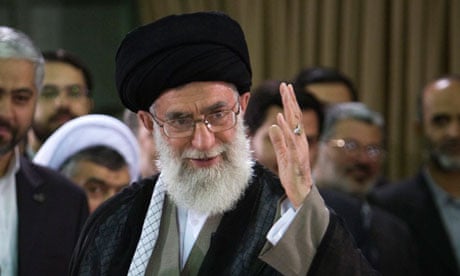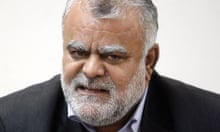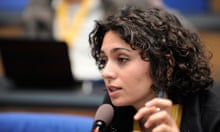Iran's supreme leader has appointed a mediator to resolve a dispute between the country's president and parliament that has also challenged his own authority.
Ayatollah Ali Khamenei named his ally and former judiciary chief, Ayatollah Mahmoud Shahroudi, to lead an arbitration body that will tackle controversies within the ruling system, the official Irna news agency reported.
The dispute with the parliament, and President Mahmoud Ahmadinejad's differences with Khamenei, are part of a continuing power struggle over shaping Iran's politics before next year's parliamentary elections and the 2013 presidential balloting.
Khamenei's appointment could also be an attempt to weaken the former president Hashemi Rafsanjani, head of the Expediency Council, another arbitrating body in the country.
Rafsanjani has increasingly been isolated in the establishment because of his tacit support for the opposition after the disputed June 2009 presidential elections, which brought Ahmadinejad another term in office.
The opposition has maintained that the vote was rigged but a bloody crackdown led by the powerful Revolutionary Guard crushed massive the street protests that followed the elections.
Although Khamenei has the power to remove Rafsanjani from the post, there are concerns that such a move could heighten tensions.
The establishment of the arbitration panel also means Khamenei is delegating some of his vast powers to Shahroudi to handle the widening political differences between Ahmadinejad and parliament, possibly because the supreme leader wants to distance himself from the dispute and be seen as standing above factional politics.
Shahroudi will chair a five-member panel of hardliners known for their opposition to any reforms within the ruling system.
The opposition website, sahamnews, promptly denounced Khamenei's move, saying it was "an attempt to sideline" Rafsanjani.


